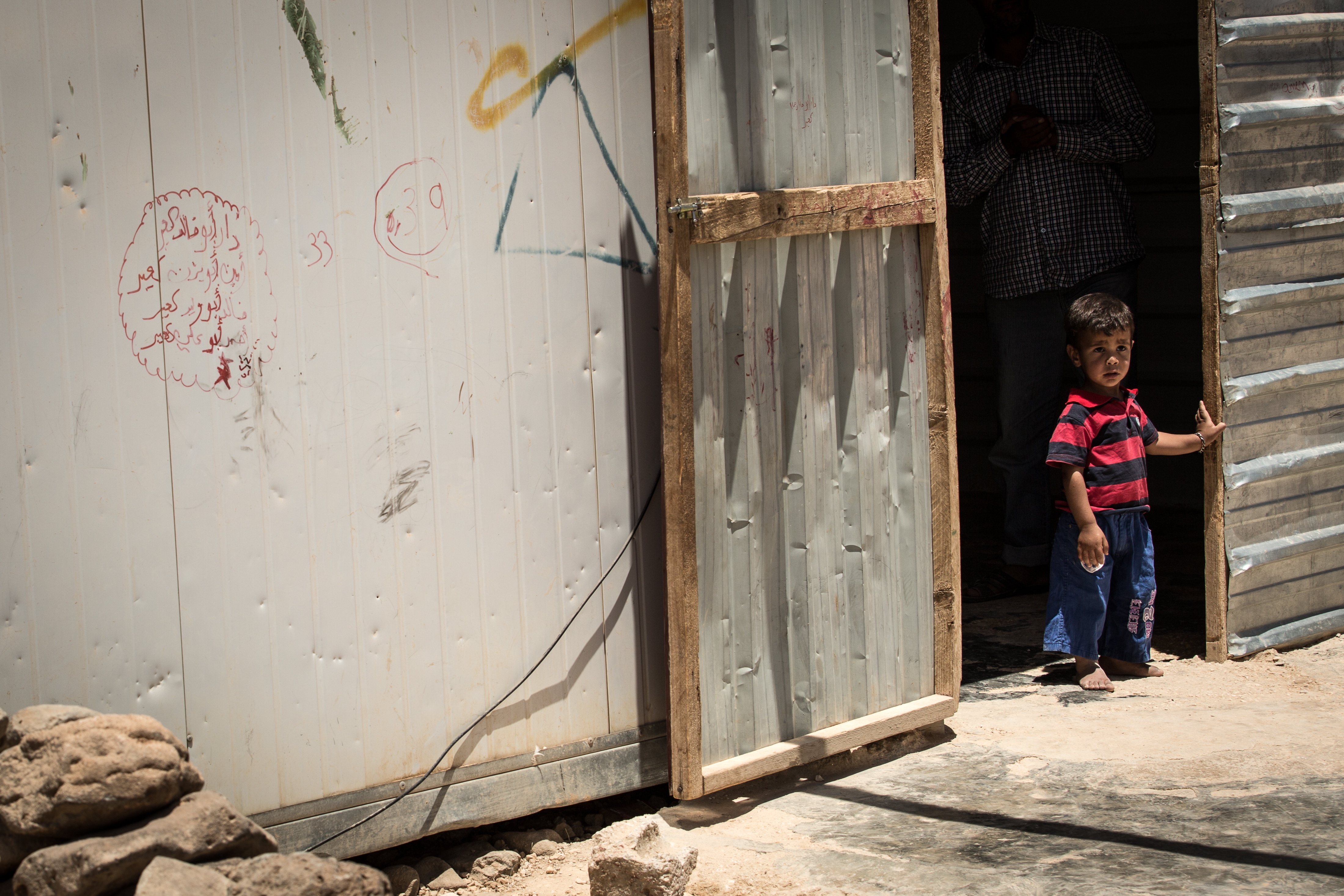Each of the last three decades have been successively warmer than any preceding decade since 1850, and 2015 was the first year when temperature rise exceeded 1.0°C, compared to pre-industrial times. These changes will have an escalating negative impact on our environment, economies, livelihoods and security globally.
Threat multiplier
Climate change will affect resource scarcity placing strains on
the essential resources that underpin human, national and
international security – including food and water.
These are likely to heighten the scale of political turmoil, state instability and mass migration in the future, particularly in regions with poor governance and existing state fragility.
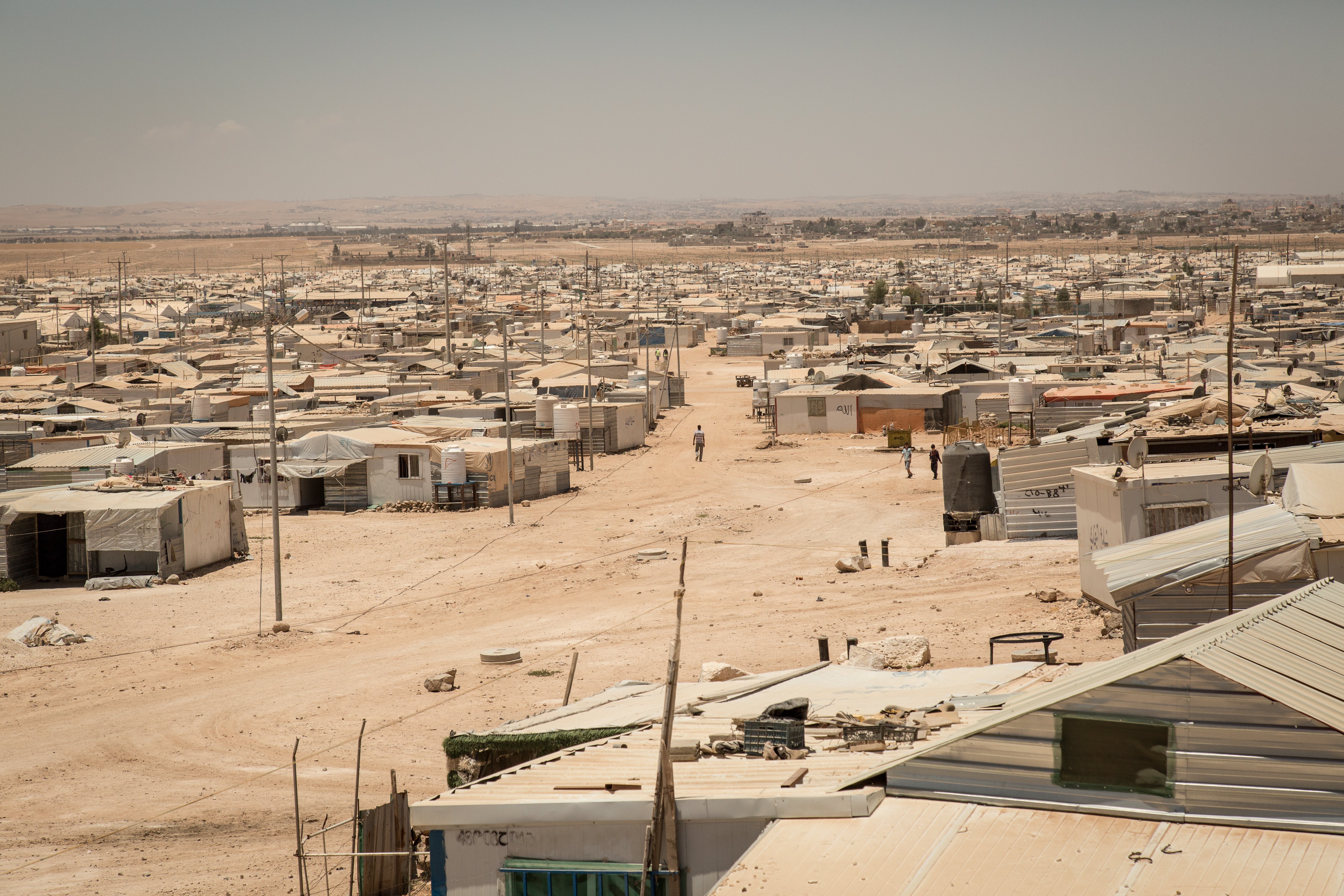
-

social impact
These changes will have an escalating negative impact on our environment, economies, livelihoods and security globally.
These impacts will disproportionately affect the most vulnerable groups in society, those who have contributed least to climate change will be first and worst affected by it.
If unchecked, some predict that climate change could draw up to 720 million people back into extreme poverty and create millions of climate refugees.
A study published in 2013 suggested that the effects of climate change could precipitate as much as a 56% increase in the frequency of intergroup conflicts across the world.
-
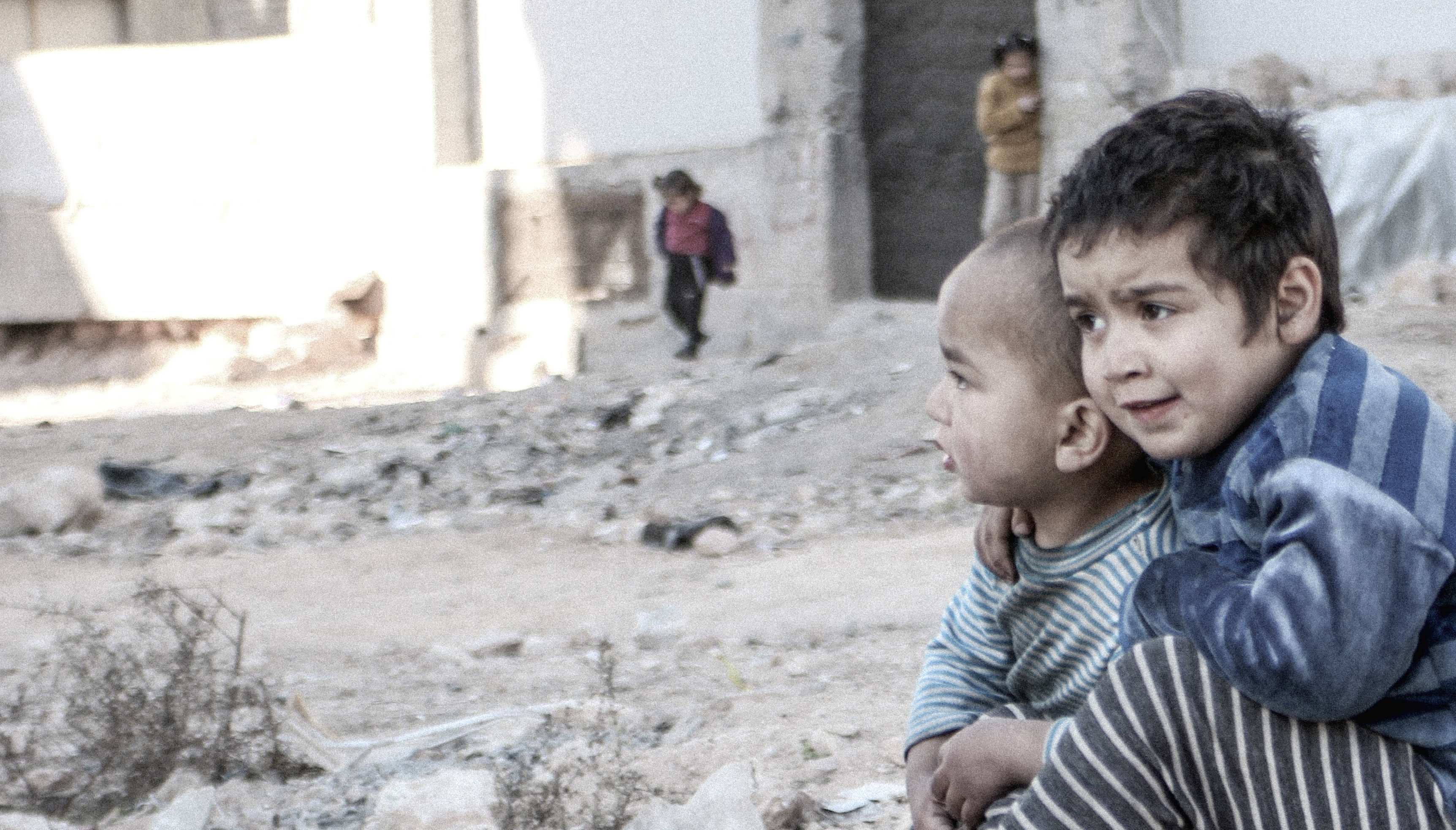
the war in syria
This report focuses on one particular result from climate change – the negative impact on food security and how this factor contributed to the desperation and anger that manifested itself against the Al-Assad regime in Syria.
The Syrian war, now in its seventh year, has resulted in more than 470,000 deaths. 6.6 million people have been internally displaced and nearly five million people are residing in camps in Turkey, Jordan and Lebanon as well as an estimated 1.2 million seeking refuge in Europe.
Whilst the war was not solely a result of climate change, the intertwining effects of drought, rural to urban migration, and the increasing unrest due to a lack of government measures to avoid water scarcity, unemployment and growing inequality, are clear.
Photo Credit: © UNICEF/Al-Issa
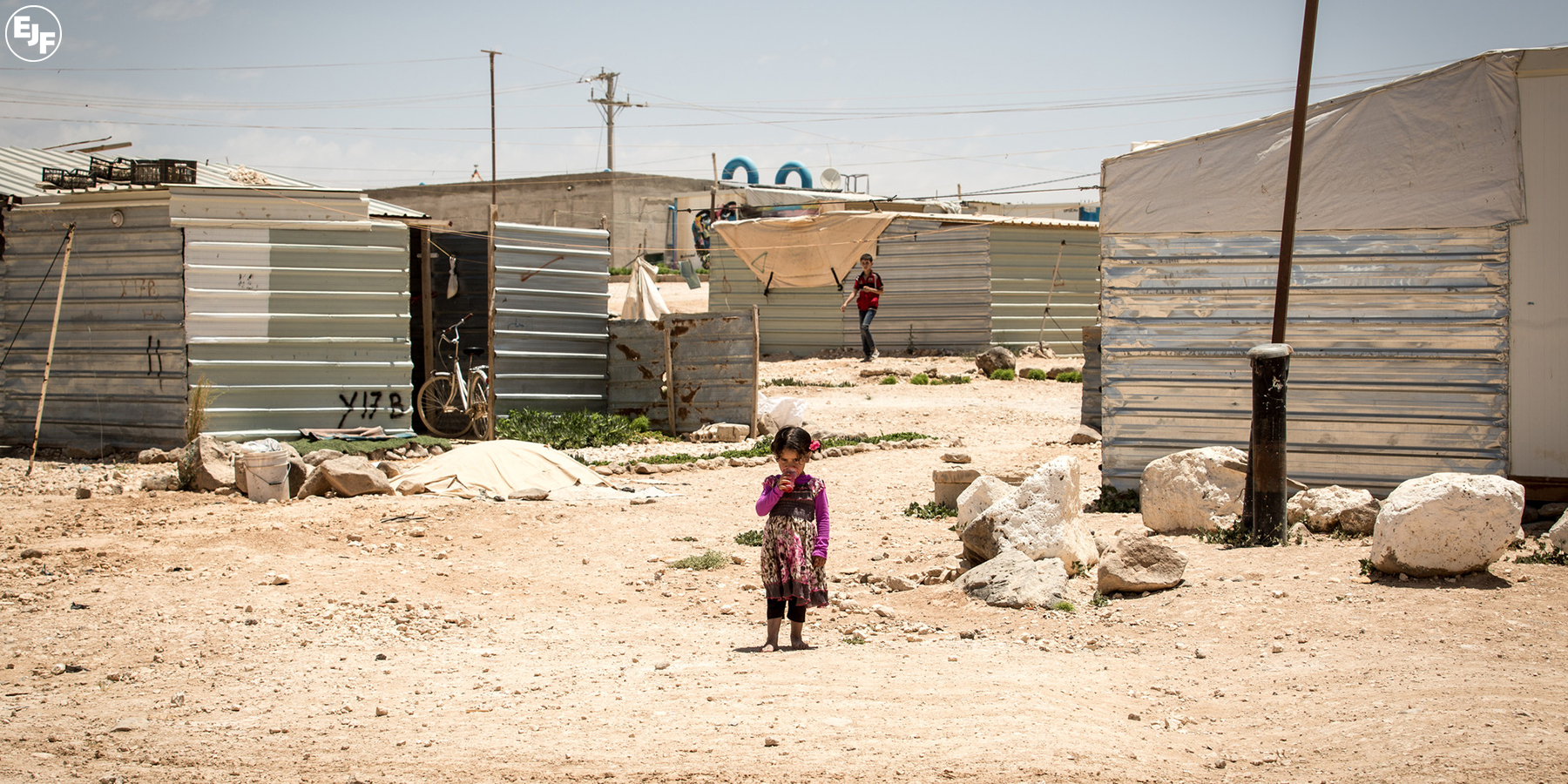
Credible sources have argued that successive droughts in Syria played a role in the current crisis, and there’s no doubt that climate change is contributing to rising tension and the loss of livelihoods in many parts of the world.
Jim Yong Kim, World Bank Group President
-
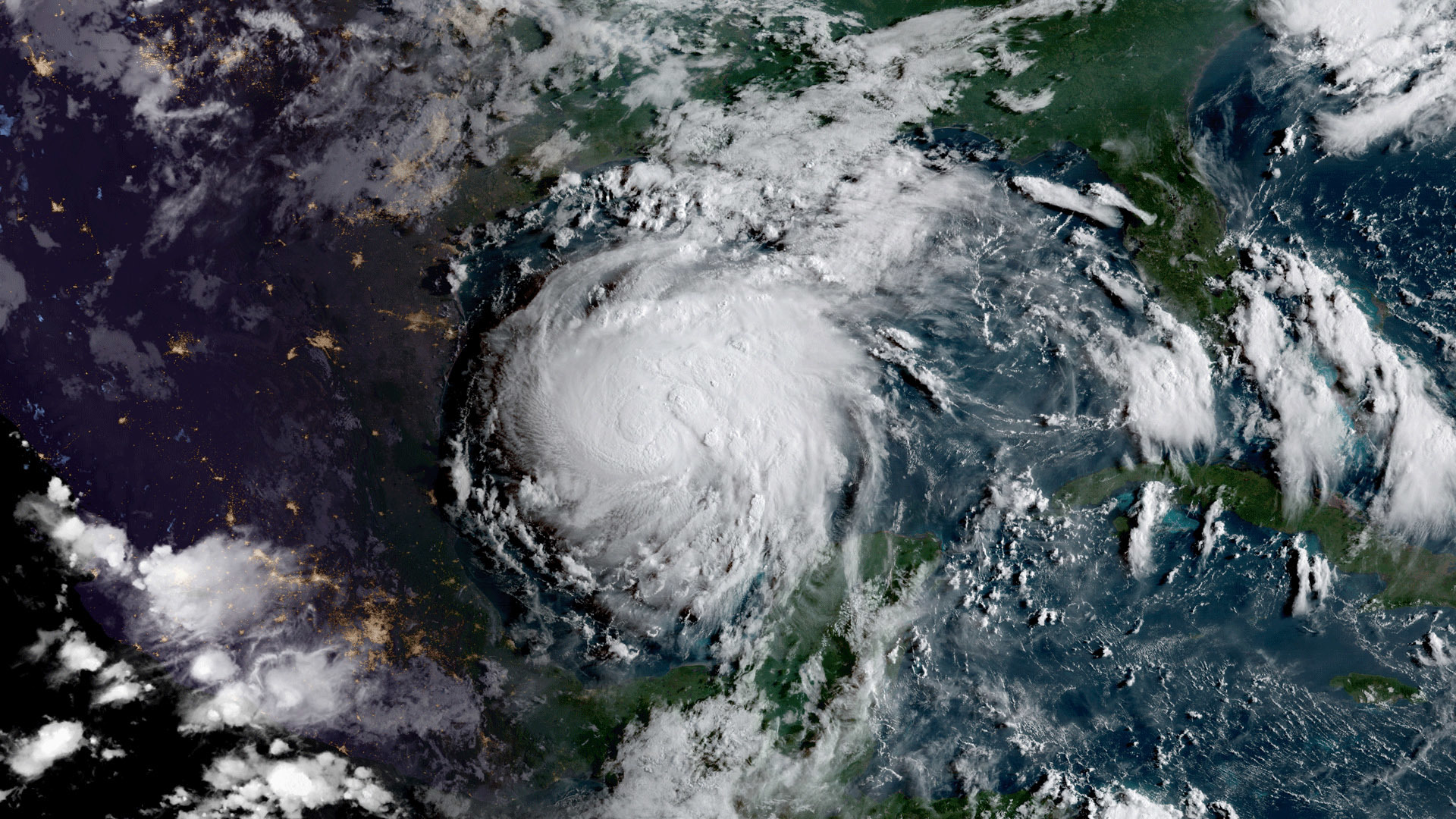
Extreme weather events
Climate change can take the form of slow-onset environmental degradation, such as the melting of polar ice caps and rising sea levels, increased salinization of groundwater and soil, droughts and desertification from changed precipitation levels.
It can also take the form of sudden-onset disasters including storms, heatwaves, and floods.
The number of weather-related natural disasters has risen on all continents since 1980.
From 1970 to 2012 there were 8,835 disasters related to climate, of which 3,496 took place between 2001 and 2010. More than half of these were related to rainfall patterns; both floods and droughts are increasingly evident in many parts of the world.
Photo Credit: © NOAA/NASA GOES Project
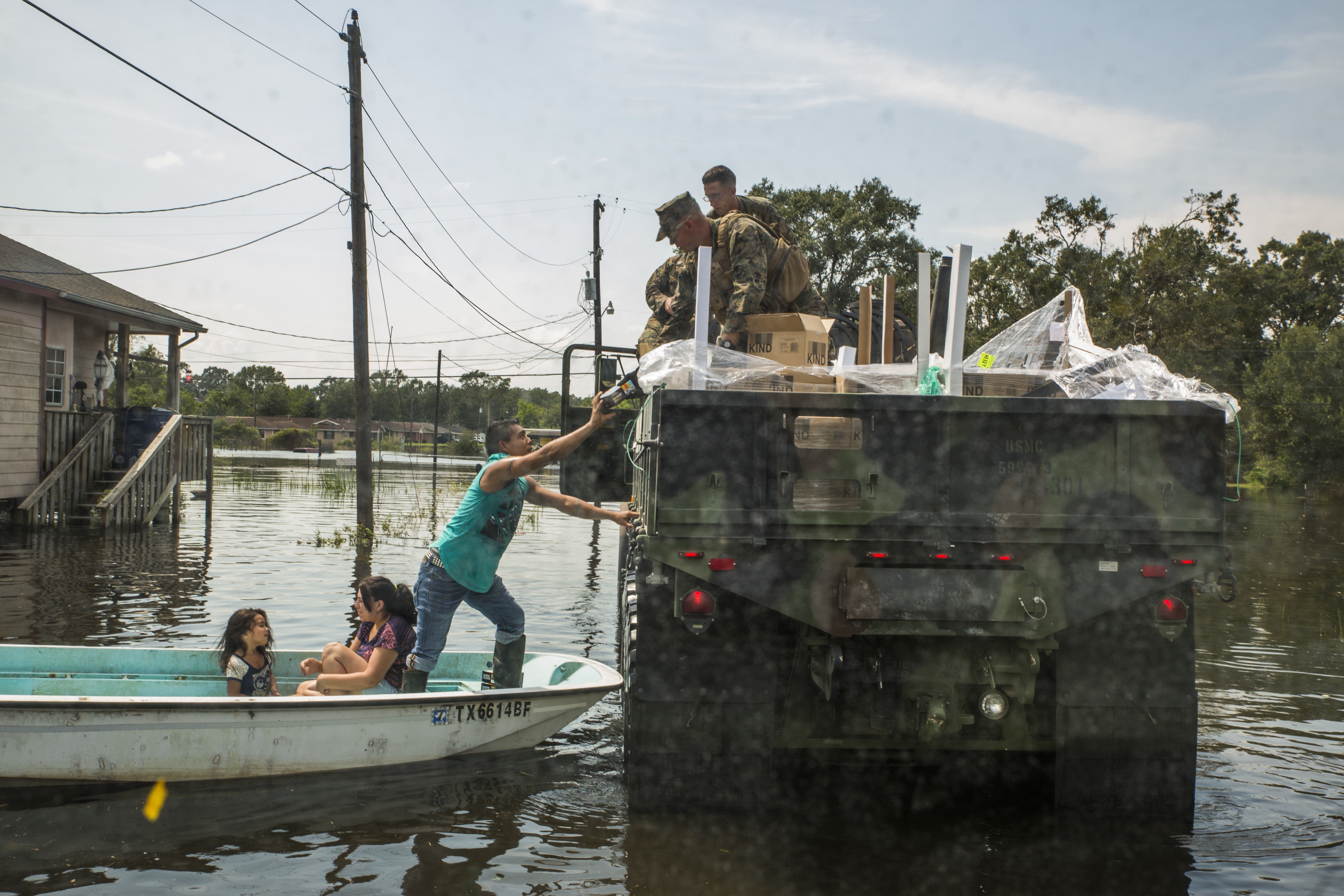
Climate change could lead to a humanitarian crisis of epic proportions. We’re already seeing the migration of large numbers of people around the world because of food scarcity, water insecurity and extreme weather, and this is set to become the new normal.
Brigadier General Cheney, U.S Marine Corps (Ret.)
Photo Credit: © Public domain / U.S Marine Corps photo by Lance Cpl. Niles Lee
-
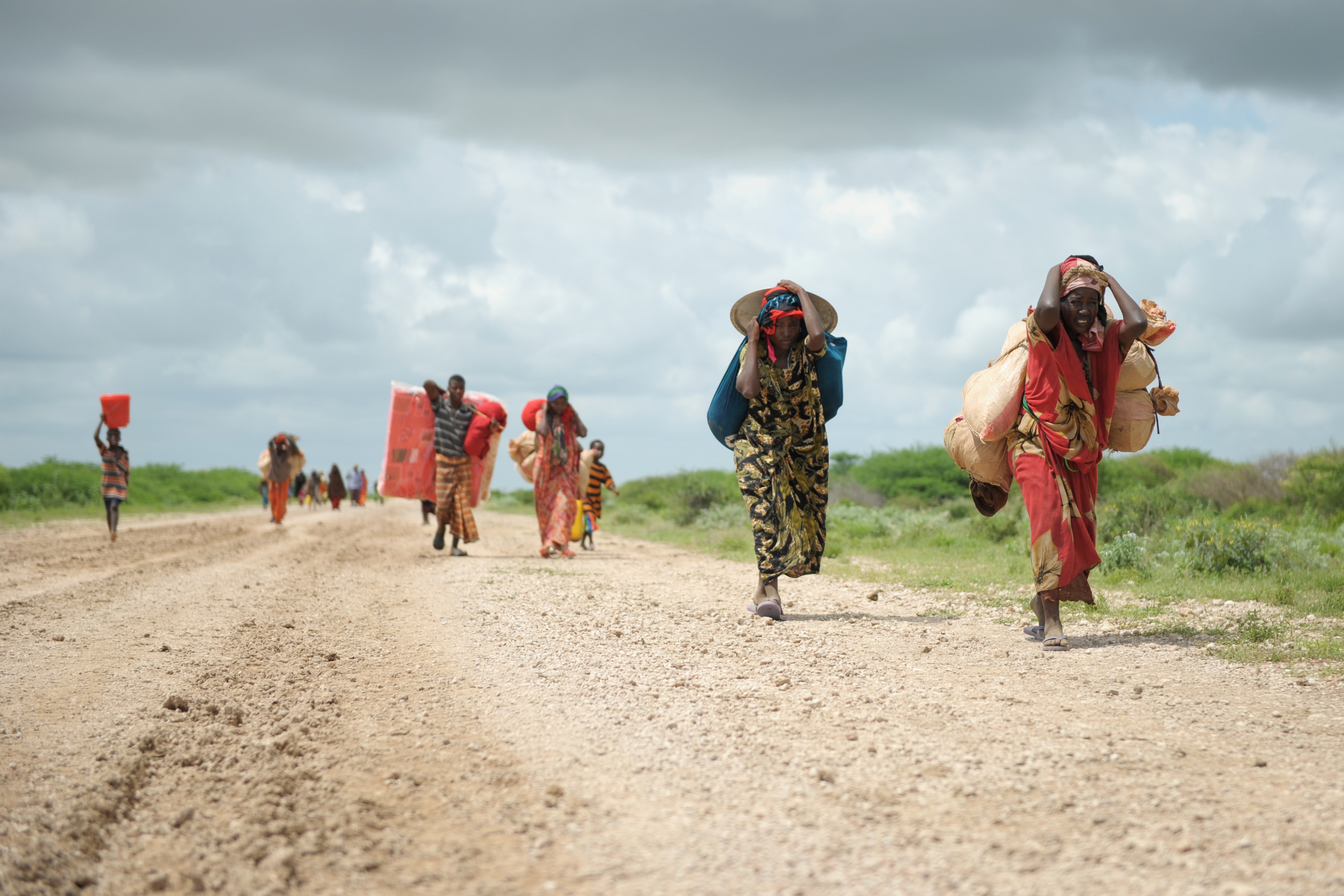
Climate refugees
Climate change is resulting in the destruction of livelihoods, infrastructure and communities and is likely – without further action – to force people to leave their homes and drive forced migration.
In 2016 extreme weather-related disasters displaced around 23.5 million people. Since 2008, an average of 21.7 million people were displaced each year by such hazards, the equivalent of 41 people every minute.This does not include the people forced to flee their homes as a consequence of slow-onset environmental degradation, such as droughts.
EJF defines all these people as climate refugees: “persons or groups of persons who, for reasons of sudden or progressive climate-related change in the environment that adversely affects their lives or living conditions, are obliged to leave their habitual homes either temporarily or permanently, and who move either within their country or abroad”.
Photo Credit: © UN Photo
-

the impacts on food production
Rising temperatures and changing rainfall patterns will have widespread, large-scale negative impacts on food production and food security.
Between 1985 and 2007, droughts drove a 13.7% loss in cereal production, compared to just 6.7% in losses between 1964 and 1984.
Drought is one of the key factors for agricultural failure and it is expected that the increase in intensity, frequency and duration of such droughts, expected to come due to climate change, will bring about ever-more destructive damages for crop yields.
Photo Credit: © USAID Africa Bureau
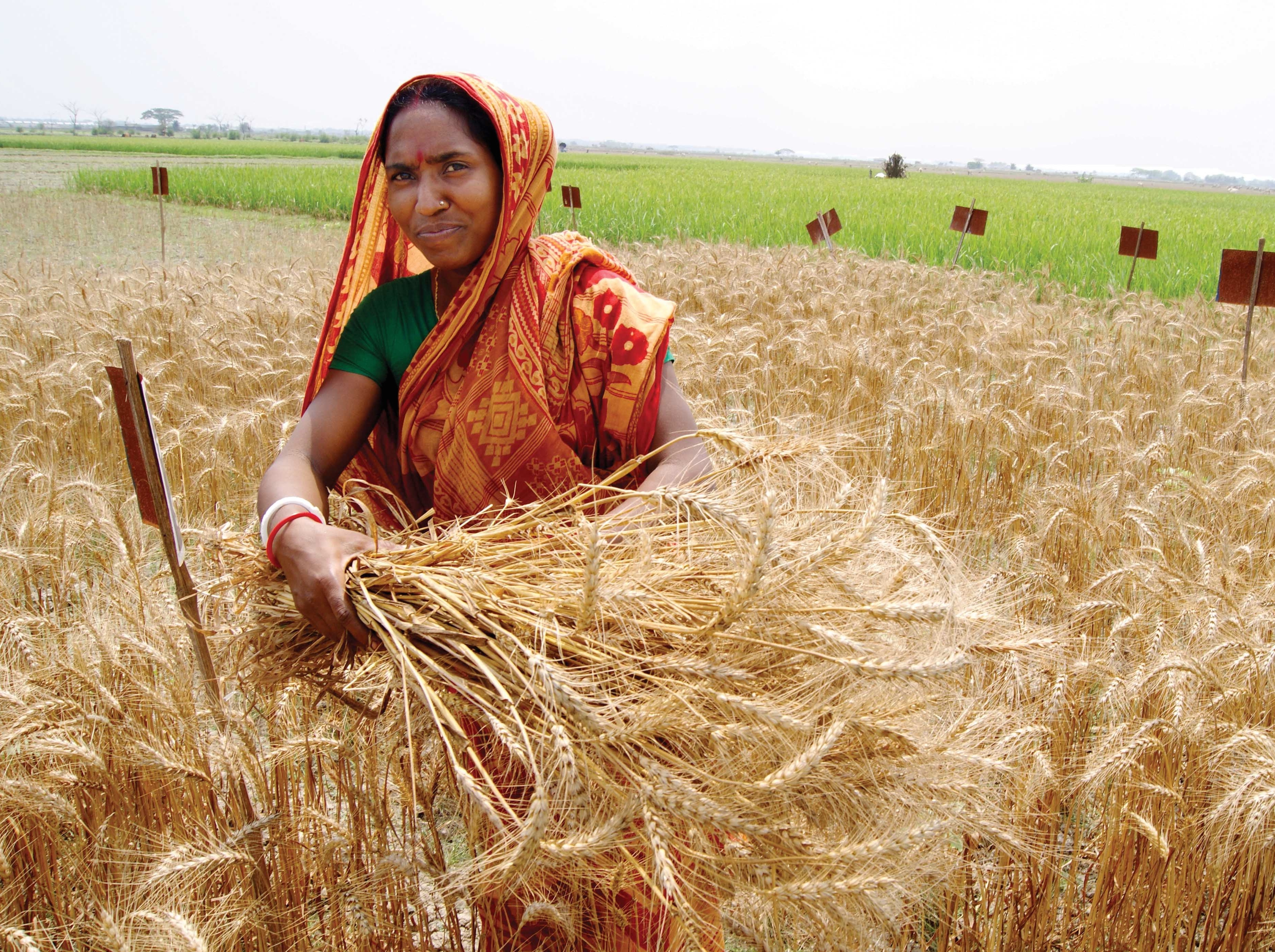
An estimated 500 million smallholder farms are supporting almost two billion people and producing around 80% of the food consumed in Asia and sub-Saharan Africa.
Photo Credit: © T. Krupnik/CIMMYT
-
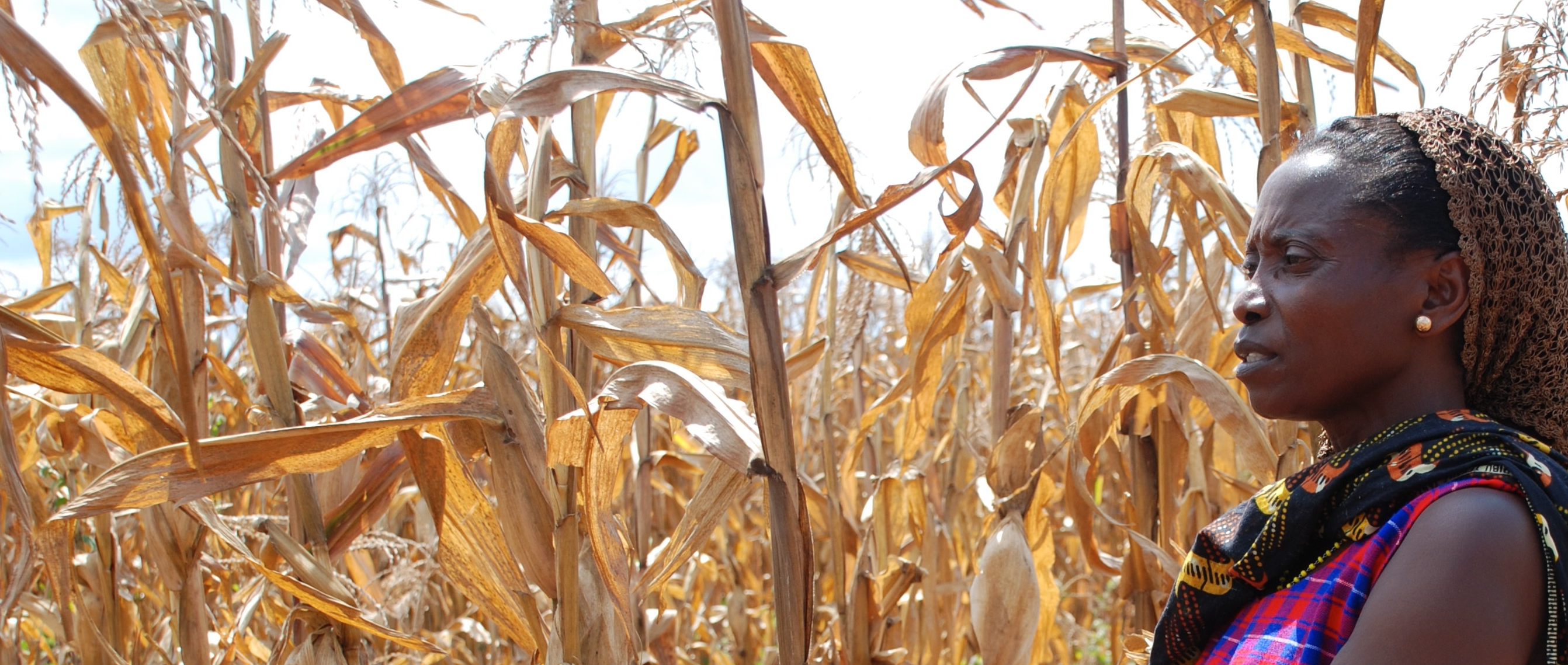
the food security challenge
Food security – sustaining supply and ensuring equitable access to food – is a major consideration in terms of climate change’s impact on the most basic human rights and a driving factor behind mass migration.
In a world with an expanding human population and growing global demand for food, ensuring that the right food – especially staples such as wheat, maize and rice – can be produced or supplied in the right places, at the right time and at the right price, is a fundamental challenge.
Photo Credit: © Anne Wangalachi/CIMMYT
-

Fuelling conflict
Environmental change can be seen to drive conflicts over land or resources, which in turn can lead to the displacement of people.
Forced migration can be triggered by environmental conflicts, but forced migration due to the scarcity of food or extreme weather events can also in itself trigger conflicts.
The interaction between different social, economic and political variables – as well as environmental factors – are strong influencers on wars and armed conflicts in vulnerable countries.
Photo Credit: © UN Photo/Albert Gonzalez Farran
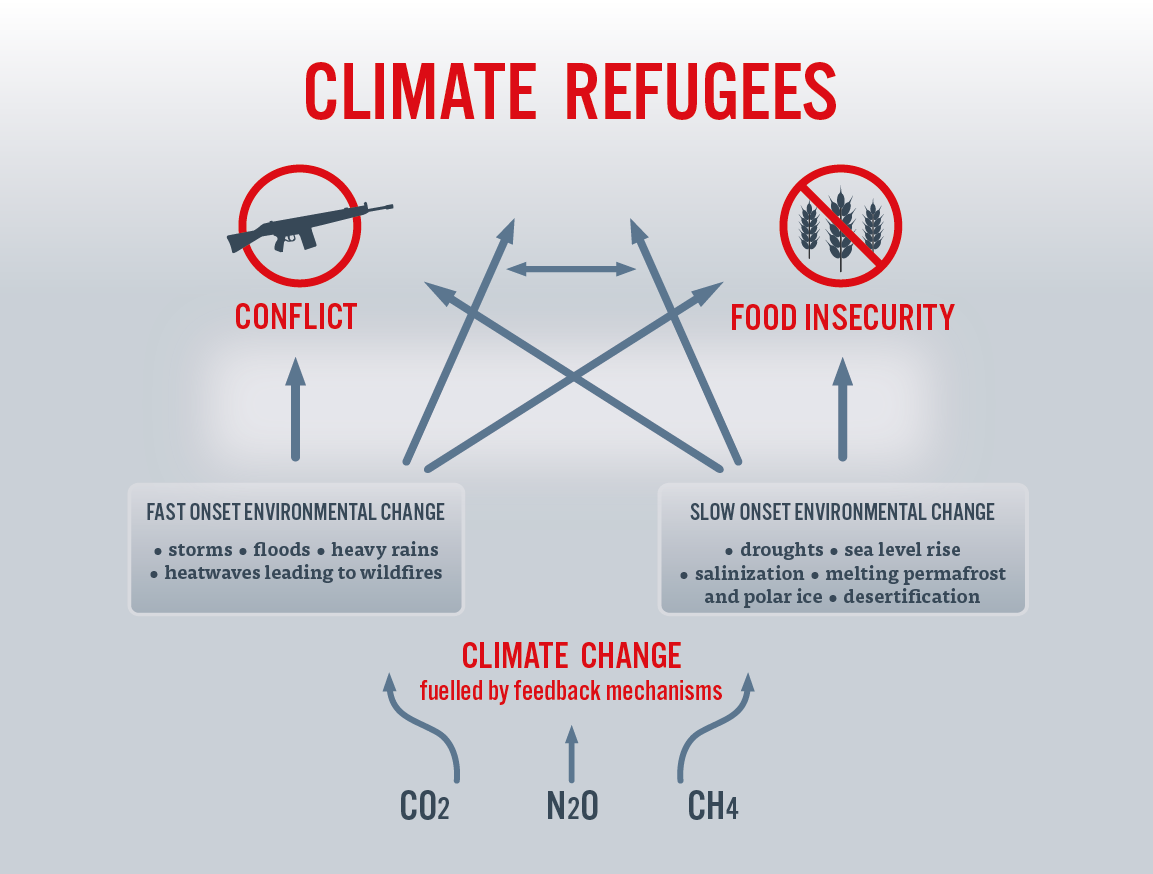
-

protecting climate refugees
EJF urges the international community to acknowledge the reality of climate change and take urgent action to limit the crippling effects on our global community.
We note the imperative for greater consensus and support for vulnerable nations to increase their resilience to climate risks and adapt to their impact. We call for an international agreement that will clarify the rights and ensure the protection of climate refugees, with the immediate appointment of a United Nations Special Rapporteur to convene, initiate and guide preparatory discussions towards this end.
Most important of all, is the need to end our ‘carbon addiction’ and meet our shared international commitment under the Paris Agreement, to cut greenhouse gas emissions and ensure that temperature rise is kept below 1.5°C on pre-industrial levels.
Photo Credit: © UNHCR/Hélène Caux
